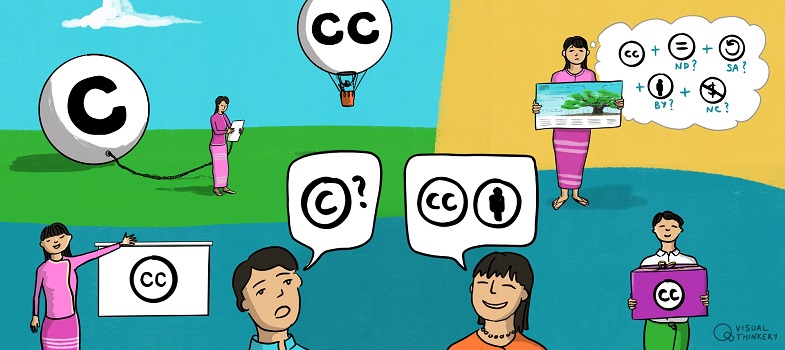A simple history of copyright
Arguably, the world’s most important early copyright law was enacted in 1710 in England – the Statute of Anne [Tip: hold Ctrl and click a link to open it in a new tab. (Hide tip)] :
An act for the encouragement of learning, by vesting the copies of printed books in the authors or purchasers of such copies, during the times therein mentioned.
This law gave book publishers 14 years of legal protection from others copying of their books.
Since then, the scope of the exclusive rights granted under copyright has expanded. Today, copyright law extends far beyond books to cover nearly anything with even a fragment of creativity or originality created by humans.
Additionally, the duration of the exclusive rights has also expanded. Today, in many parts of the world, the term of copyright granted to an individual creator is the life of the creator plus an additional 50 years.
Copyright treaties have also been signed by many countries, meaning that copyright laws have been harmonised to some degree worldwide. You will learn more about the most important treaties and how copyright works around the world in Section 1.3.
Overview
